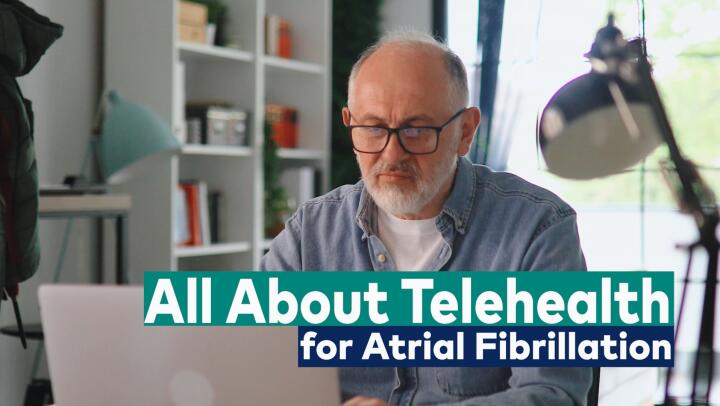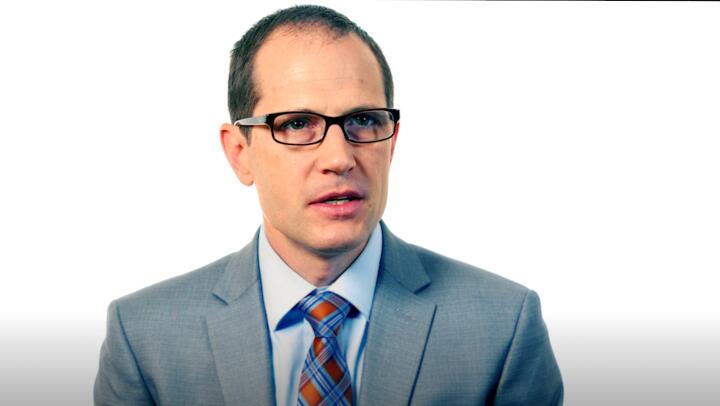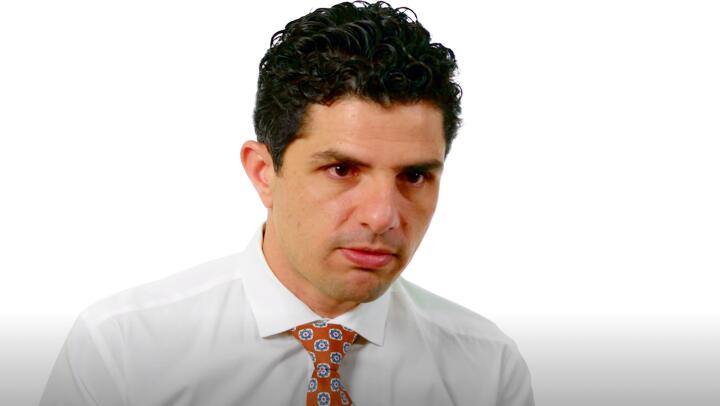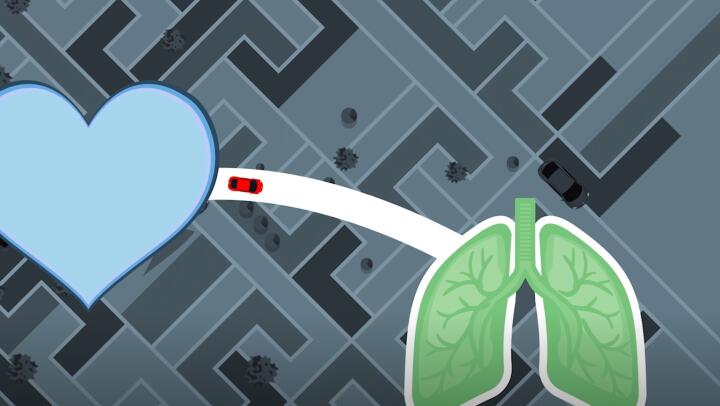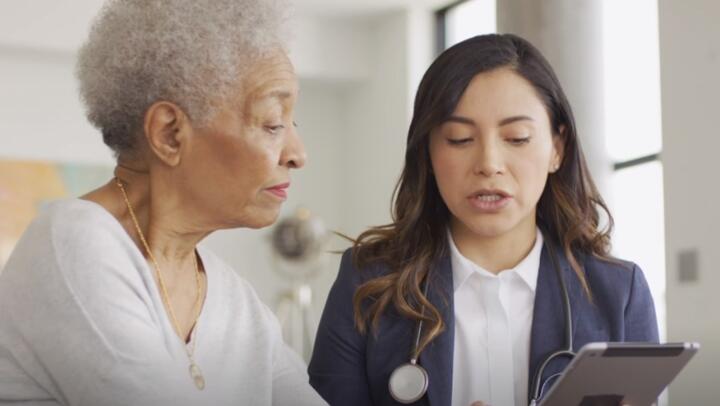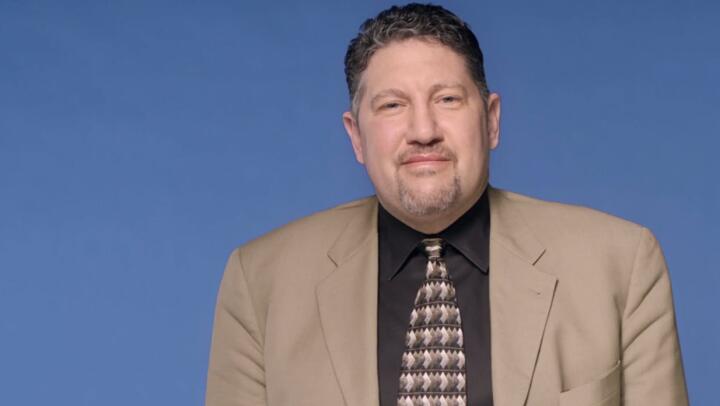
Symptoms of a heart attack are not always clear-cut. Not everyone has crushing chest pain. You can have jaw pain during a heart attack without chest pain. Doctors consider jaw pain in the context of other signs and symptoms of heart attack, as well as your medical history, to decide what tests are necessary to make a diagnosis. While other causes of jaw pain are more likely, it’s important to understand how jaw pain during a heart attack occurs and to take stock of how you feel overall before discounting a possible heart attack.
How can you have jaw pain during a heart attack without chest pain?
A blood clot that obstructs blood flow in your heart muscle is the most common cause of a heart attack (myocardial infarction). When a heart attack strikes, it often feels like a pressure, cramping or squeezing pain in your chest. You may also feel the pain spread through your neck to your jaw, as well as your shoulder, back or arm. You may also feel jaw pain, or an aching or discomfort in your jaw or upper body without any chest pain because other parts of your body are more sensitive to pain than your chest organs. During a heart attack, your diaphragm (the sheet of muscle below your lungs and heart) and nearby accessory nerve can become irritated causing pain to refer elsewhere including your neck and shoulders. This happens more commonly in women than in men.
What are other causes of jaw pain?
Most causes of jaw pain are not as serious as a heart attack. Some of the following causes are due to problems with the jaw joint itself:
Arthritis of the jaw, including rheumatoid arthritis (inflammation of the jaw joint due to an abnormal immune response) and osteoarthritis (wear and tear of the jaw joint)
Dental problems, such as a tooth cavity, infected tooth (tooth abscess), gum disease (gingivitis and periodontal disease), or tooth grinding (bruxism)
Fibromyalgia, a long-lasting pain disorder that causes widespread muscle pain and tender spots in the jaw and other body areas
Temporomandibular disorders (TMJ or TMJD), which cause jaw pain and limit jaw movement
Jaw muscle stress or strain, which can be caused by overextending your jaw during a dental procedure or while yawning
- Myofascial pain syndrome, a chronic form of muscle pain in the jaw and other areas of the body centered on sensitive points (trigger points) in your muscles
- Giant cell arteritis (also called temporal arteritis), a serious autoimmune inflammatory condition that, if untreated, can lead to blindness and other serious complications.
When should I call my doctor or 911?
Make an appointment to see your doctor if you have had ongoing mild to moderate jaw pain or stiffness.
It is common for people having a heart attack to report feelings of anxiety or panic, an unclear sense of uneasiness, or deep sense of dread or doom. If you have these feelings with jaw pain, or if your jaw pain starts suddenly, is severe, or happens with any of the following symptoms, call 911:
Discomfort in your chest, such as pain, squeezing, or a feeling of something heavy on your chest
Abdominal or stomach pain, which may include feeling queasy or sick to your stomach or throwing up
Pale, sweaty, cold or clammy skin
Pain or discomfort spreading from your chest, neck or jaw to your shoulders, arms or back
Problems breathing or feeling as if you can’t catch your breath
Breaking out in a cold sweat or having very pale skin
Weakness or feeling more tired than usual
Even though there are many causes of jaw pain, don’t hesitate to call 911, even if you think your symptoms are not serious. Medical personnel want you to call 911 if there is any chance you are having a heart attack.
Every second counts in a heart attack because without rapid treatment, a heart attack can be fatal or cause serious heart damage. You will get the fastest diagnosis and treatment of your jaw pain by calling 911 and not driving yourself to the ER. This is because medics will start treatment as soon as they arrive at your door. As a precaution, all emergency personnel (on site and at the hospital) will treat you as if you are having a heart attack until all your tests are complete.




